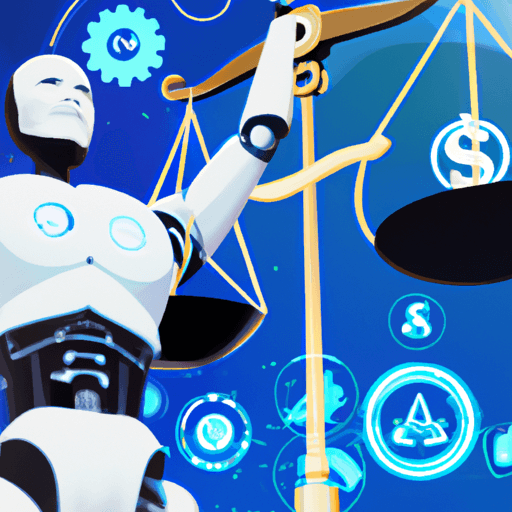The Growing Role of AI in Business and Entrepreneurship: Ethical Implications and Solutions
As technology continues to evolve, the rise of Artificial Intelligence (AI) has ushered in a new era in business and entrepreneurship. AI has brought with it thrilling opportunities and intriguing challenges, both in terms of innovation and ethics.
The Role of AI in the Business World
AI has started playing a crucial role in various aspects of business - from rendering smarter analytics to revolutionising customer service and even creating new business models. The disruptive power of AI has not left any sector untouched, from retail to banking, healthcare to education.
Ethical Concerns Raised by AI
While AI has transformed many areas of business significantly, it has also raised a number of ethical questions. For instance, is it justifiable to employ AI to make decisions that can vastly affect people's lives or businesses? What forms of accountability exist for these AI-induced decisions? How does AI affect job security, data privacy and consumer rights?
Addressing Ethical Issues of AI in Business
Addressing these issues responsibly means grappling with key topics like equity, accountability and privacy. Companies must ask themselves whether their use of AI promotes fairness and inclusivity. They must be transparent and accountable for the decisions made by their AI systems. They should also be committed to safeguarding the privacy of their clients’ data by employing advanced security measures and respect consumer rights by being transparent, fair and respectful in their use of AI technologies.
Suggestions for Ethical AI Implementation
Ensuring ethical use of AI in the business world necessitates transparent operations, auditing, and collaboration with external bodies for regulation. Businesses should consider guidelines and self-regulation practices, conduct regular audits to ensure AI is operating ethically, and connect with external regulatory bodies for an unbiased perspective. Also, fostering an environment of open discussion and dialogue around the implications of AI is pivotal in addressing ethical concerns.
Conclusion
As AI continues to evolve and influence the world of business and entrepreneurship, great care must be taken to address growing ethical concerns. Achieving this balance will not only help build trust among customers and stakeholders, but will also lead to a more equitable, open, and fair business landscape.




















Comments
Leave a Comment